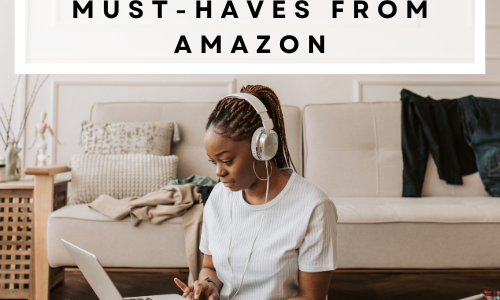
So you’re headed into hospital for longer than a night or two and you don’t know what to pack? Fed up of just seeing maternity packing lists everywhere? Don’t worry, I’ve got you covered with this long stay / inpatient hospital bag packing list, with links to Amazon (UK)! It features all my must-haves from my finely-honed, permanently packed bag.
PS. There are no affiliate links or anything in here, I don’t get any rewards, I just genuinely like and use all these items!
Loop Earplugs
I wear the Loop Engages on a day-to-day basis outside of hospital, but they’re never more useful than in hospital. The constant beeping, chatting and other noises can be an absolute nightmare for those of us who get easily overwhelmed and these are a lifesaver. I also have a pair of Quiets for nighttime and the mutes to take things down a further 5db if needed.
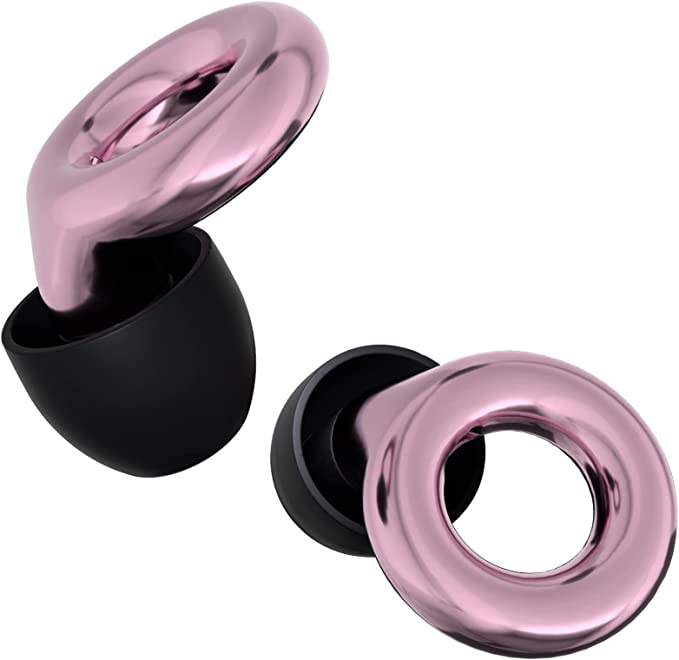
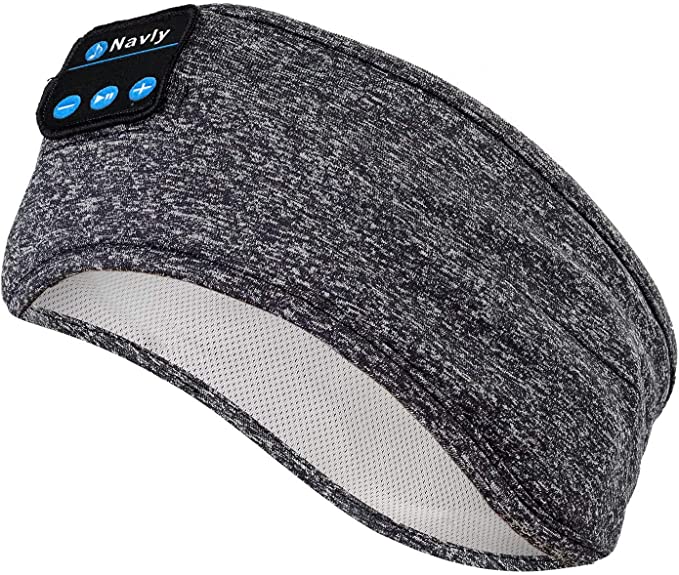
Sleep Headphones
Being able to listen to something comforting or familiar at night makes a huge difference to my ability to fall asleep and return to sleep at night. Being able to lie down and listen to something can also be important in the day. So a pair of headphones you can comfortably wear lying down is a must. I use these at home too.
Eye Mask
As you can see, good sleep is becoming a theme. But getting good sleep is also key to physical recovery and maintaining a positive outlook. So anything you can do to improve your sleep is a good investment. Hospitals are never ever ever dark. So having something that can block out the light (day or night) so you can get some good shut-eye is a valuable investment.
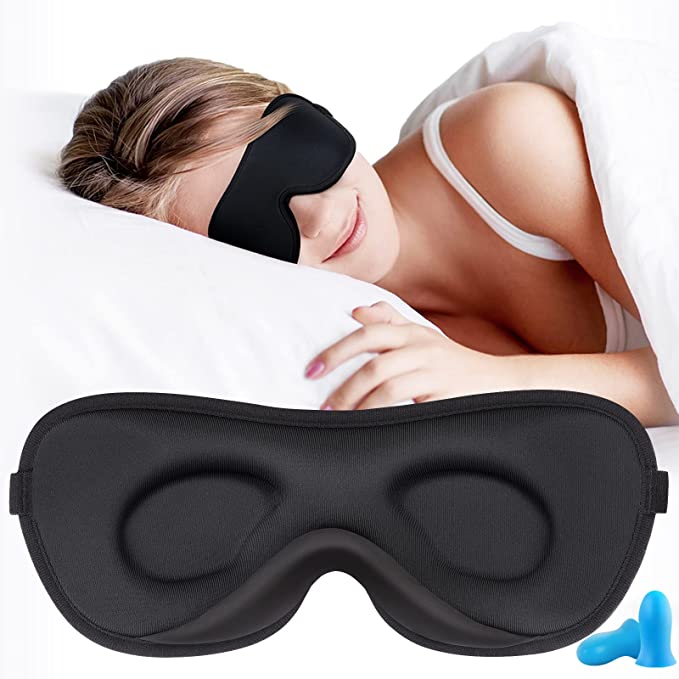
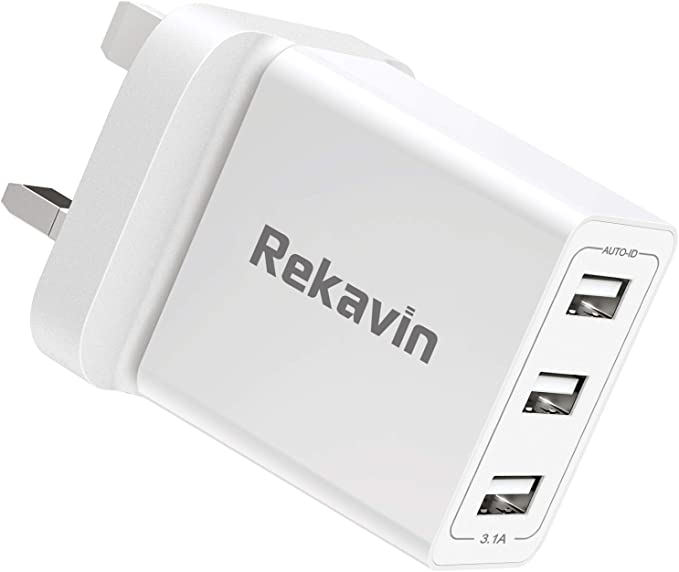
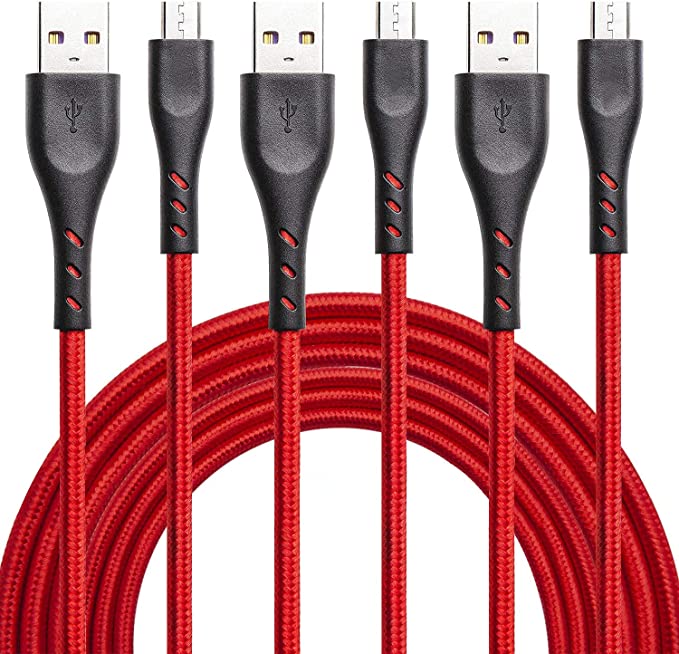
The Ability To Charge Easily & At A Distance
Three key lessons I’ve learned; the more plugs you have, the greater chance there is of one getting left behind by your or someone packing up for you; plug sockets are often in demand; plug sockets are far away from you. To tackle all three of these, your best bet is to get a single multi-outlet plug that you can connect to multiple devices. You then want to buy several long (I’m talking 2 or 3 metre) cables to make sure they reach your bed. This means, if you are moved in a hurry, just one plug needs to be yanked from the wall, and all your devices can comfortably be used in bed or in your chair.
Link here and here (make sure you get the right kind of charger cable(s) for your devices).
Pillows
This is partly about sleep but also just generally about comfort. I take my orthopaedic pillow into hospital when I go in. Don’t bother taking a pillowcase – use hospital ones so they get changed daily with your bedding. I also like to have these inflatable travel pillows in my bag that I can crack out for between my legs, under an arm, behind my lower back, whatever is uncomfortable at the time. When not in use they deflate to a really small size.
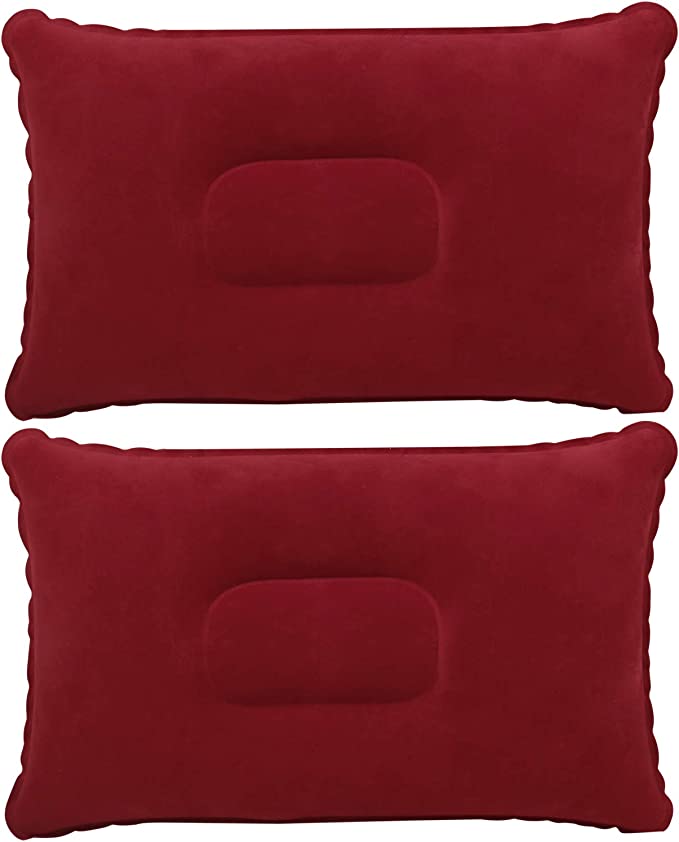
A Good Toiletries Bag
I find I end up using more products in hospital than I do at home. Not only do I have things to make me feel and smell clean, I also have things to relax me (e.g. essential oil rollers) and things to tackle the dryness of hospital (moisturisers, eye drops, lip balm etc.). So a good wash bag that I can hook onto a drip stand or hang up in the bathroom with all my bits organised and easy to find is essential. Don’t forget to pack something to keep your toothbrush in.
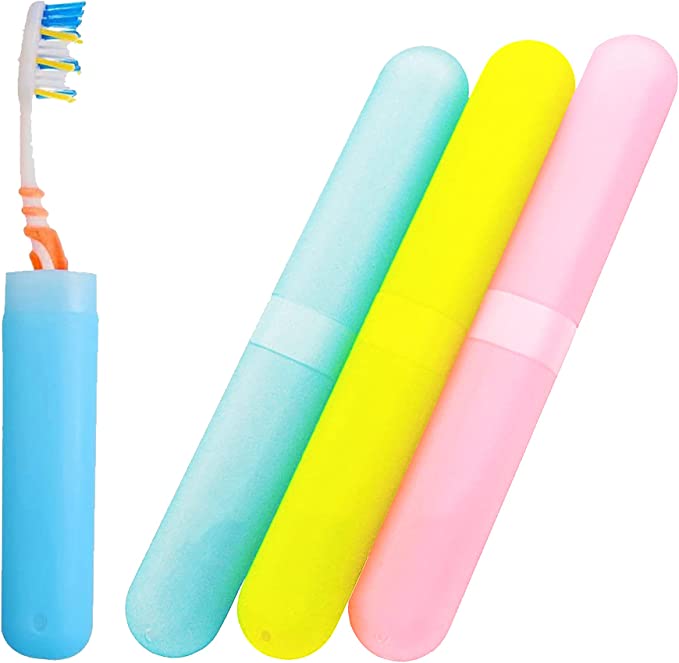
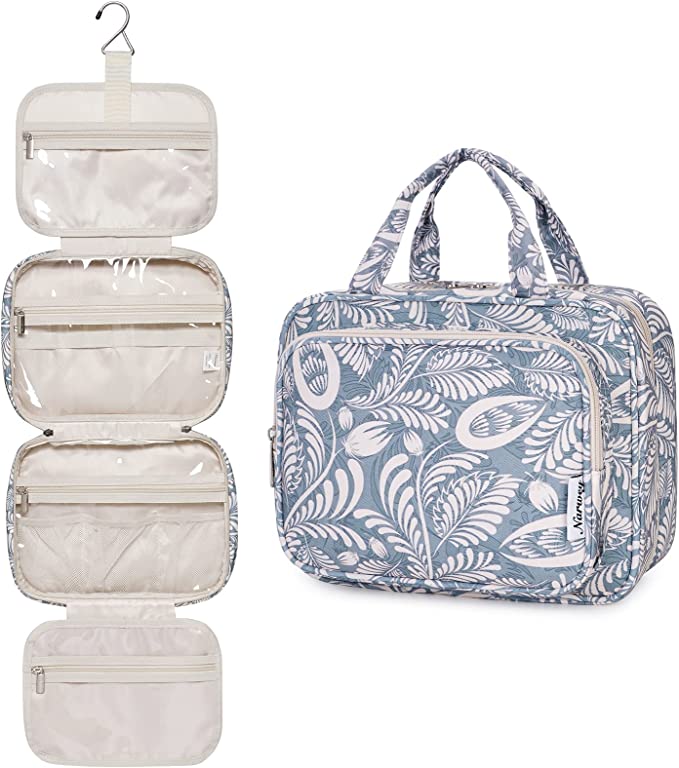
Hidden Compartment Item
I prefer not to keep a purse or wallet with me when in hospital, but instead to have something on me that has a hidden compartment where I can store a little cash and a card in case I want to purchase some television time, a newspaper or a cup of coffee from the cafe etc. While I don’t think anyone is out to steal my stuff, I have had people take things off my table. Only once was that malice, but that malice was enough for me to be wary of keeping valuables like my wallet in hospital.
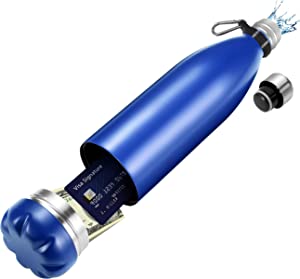
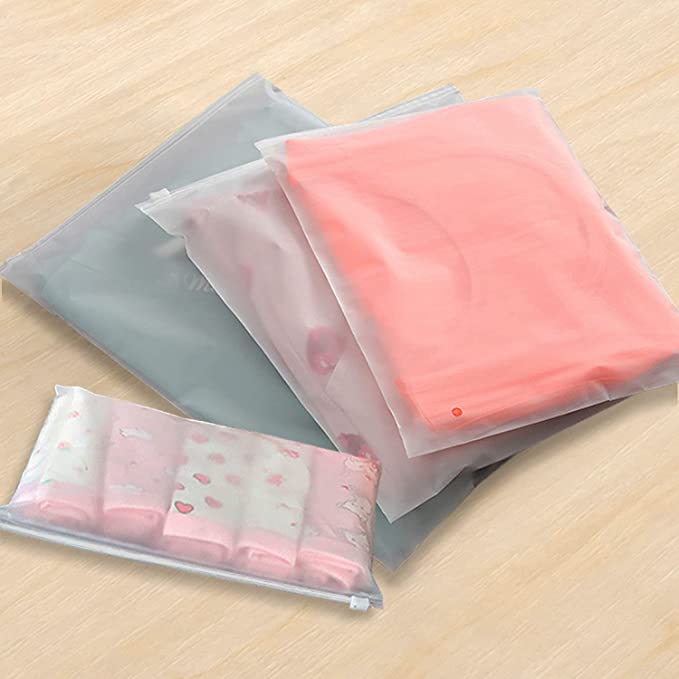
Packing Bags
My organised brain loves these. I even got out my label maker and labelled different bags. Charging cables are in one. Pyjamas are in one. Knickers are in one and bras in another. Two are labelled for dirty washing so they can go home with family in rotation. You get the picture. When everything is stored either in a bag or in the tiny cupboard they give you, it’s worth being able to access everything easily, without having to pull absolutely everything out in an explosion of stuff, every time you want something.
Link here.
Maternity Bras
Not only are maternity bras comfortable enough to get stuck in (if you get a surprise IV or are hooked up 24 hours at a time to TPN etc.) and sleep in, they’re also useful because you can unclip them for access for things like ECG stickers. This one I learned from the chronic illness community and for that I am very grateful.
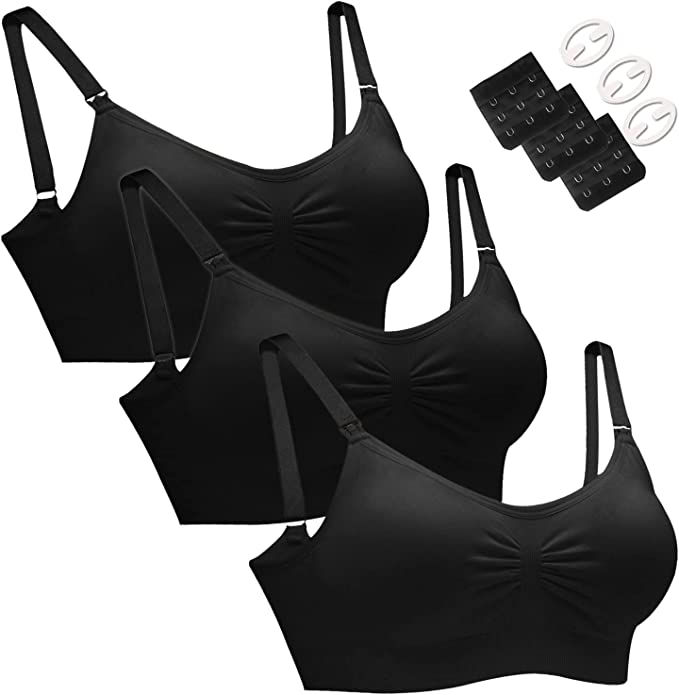
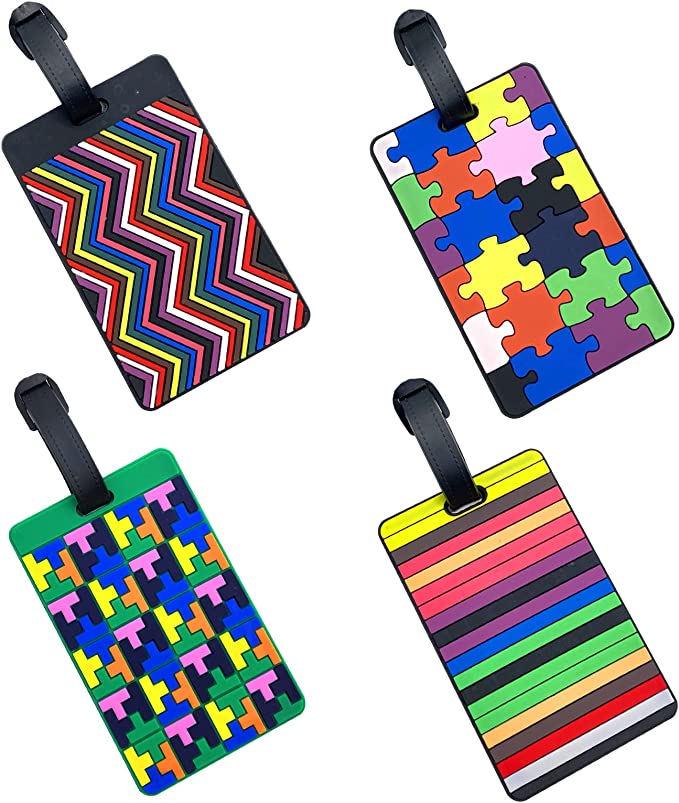
Luggage Tags
Last but not least are luggage tags. Both my long stay and A&E/overnight bags have two luggage tags on. The first tag on each bag has my name, date of birth, NHS number and mobile number on, so that if the bag gets separated from me, it will find it’s way back. The second tag on each bag is a list of last items that need packing before leaving home – a helpful reminder for me or anyone helping me. These are generally things too expensive, bulky or specialist to have in multiples, such as the pillow from my bed, my bite guard, my tablet and my phone.
Link here.
Clothes-wise, I have:
- lightweight dressing gown for when you’re transferred between wards or to and from tests – corridors and testing suites are MUCH colder than wards (always ask for a blanket or two) etc.
- waterproof slides for in the shower and toilet
- Pyjamas with short sleeves and shorts because hospital wards are HOT
- Comfy knickers because hospitals are *not* the place for lace or thongs
- A set of ‘outdoor’ wear suitable for going down to the cafe or even on day release with family should you feel well enough.
I also have a small bag that can sit on my table with things like:
- essential oil rollers
- soft/soothing things to hold (e.g. ribbon)
- a small moisturiser, lip balm and some eye drops because hospital is dry
- a massage ball for when I inevitably become tense and knotty from being in a hospital bed
- a couple of pens

